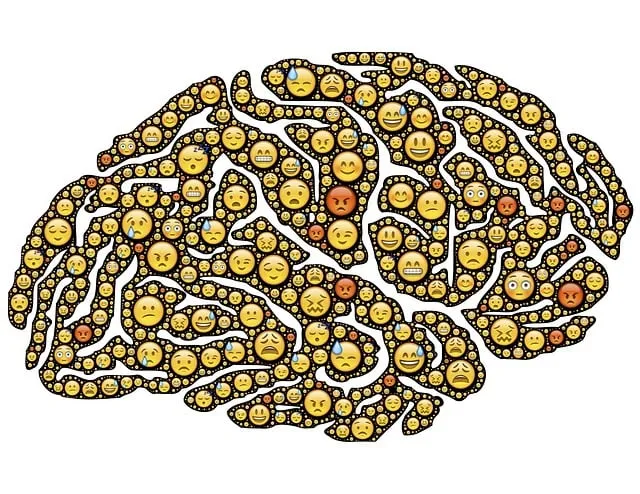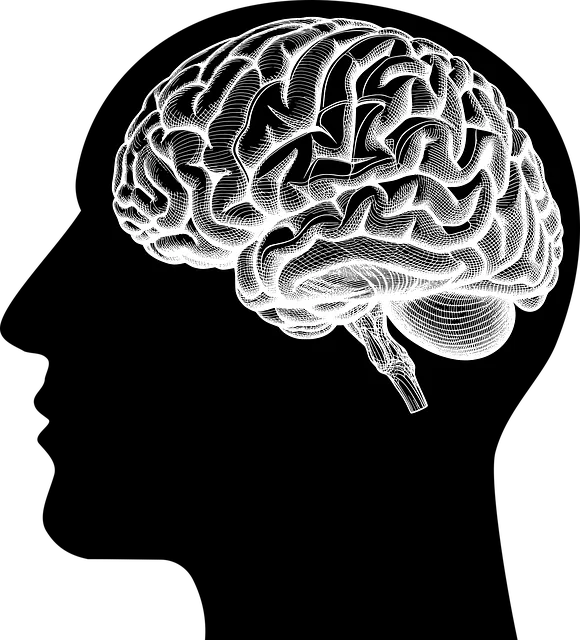Kaiser Permanente Behavioral Health Services Westminster provides comprehensive Social Skills Training programs integrating cognitive-behavioral therapy (CBT), workshops, role-playing, and practical exercises to empower individuals with mental health conditions. These programs focus on improving communication, conflict resolution, emotional healing, assertiveness, empathy, and stress management techniques. Through group sessions and individualized coaching, participants learn to navigate social situations better, fostering meaningful connections, building self-esteem, and developing strong support networks for long-term recovery.
Social skills training is a vital component of mental health recovery, especially within specialized services like Kaiser Permanente Behavioral Health Services Westminster. This article explores how structured training can empower individuals managing mental health conditions to navigate social interactions with confidence. We delve into the unique challenges these conditions present and demonstrate how tailored programs at Kaiser Permanente address them effectively. By understanding the impact on social skills and employing specific strategies, individuals can enhance their overall well-being.
- Understanding Social Skills Training: A Necessary Component for Mental Health Recovery at Kaiser Permanente Behavioral Health Services Westminster
- The Impact of Mental Health Conditions on Social Interactions and How Training Can Help
- Strategies and Techniques Employed in Social Skills Training Programs at Kaiser Permanente
Understanding Social Skills Training: A Necessary Component for Mental Health Recovery at Kaiser Permanente Behavioral Health Services Westminster

Social Skills Training is an integral part of comprehensive mental health care, especially at Kaiser Permanente Behavioral Health Services Westminster. It recognizes that many mental health conditions can impact an individual’s ability to navigate social interactions, leading to feelings of isolation and exacerbating existing symptoms. By incorporating skills-based training, the team at Kaiser Permanente aims to empower patients with the tools necessary for successful recovery and improved quality of life.
This type of training focuses on teaching effective communication strategies, conflict resolution techniques, and emotional healing processes, all of which contribute to building self-esteem and confidence. Through group sessions and individualized coaching, individuals learn to manage social situations more effectively, fostering meaningful connections with others. This holistic approach not only supports mental well-being but also encourages the development of a strong support network, a crucial aspect of long-term recovery at Kaiser Permanente Behavioral Health Services Westminster.
The Impact of Mental Health Conditions on Social Interactions and How Training Can Help

Mental health conditions can significantly impact an individual’s ability to engage in social interactions, often leading to feelings of isolation and further exacerbating emotional distress. Conditions such as depression, anxiety disorders, and bipolar disorder may cause individuals to withdraw from social activities they once enjoyed, struggle with communication and relationship building, or exhibit behaviors that push others away. This can create a vicious cycle, where social avoidance reinforces symptoms, making it challenging to reconnect and improve mental wellness.
At Kaiser Permanente behavioral health services Westminster, we understand the critical role of social skills in recovery and emotional well-being promotion techniques. Our specialized training programs aim to enhance communication, empathy, and interpersonal effectiveness while fostering cultural competency among healthcare providers. By learning effective strategies for navigating social situations, individuals with mental health conditions can improve their relationships, boost self-esteem, and develop a supportive network—all essential components of a holistic approach to mental health care. This proactive approach empowers individuals to reclaim their lives, break free from isolation, and cultivate a sense of belonging.
Strategies and Techniques Employed in Social Skills Training Programs at Kaiser Permanente

At Kaiser Permanente behavioral health services Westminster, Social Skills Training programs employ a multi-faceted approach to equip individuals with the tools needed for successful social interactions. These programs integrate evidence-based strategies and techniques tailored to address common challenges faced by those managing mental health conditions. One key focus is Burnout Prevention, utilizing cognitive-behavioral therapy (CBT) to help individuals recognize and manage stress triggers, fostering resilience against emotional exhaustion.
The workshops are designed as interactive Social Skills Training sessions that promote active participation. Through role-playing scenarios, group discussions, and practical exercises, participants develop and refine communication skills, assertiveness techniques, and empathy building. These methods not only enhance social connections but also empower individuals to navigate interpersonal situations with greater confidence and ease. Additionally, Stress Management Workshops within the organization teach mindfulness practices, relaxation techniques, and time management strategies, enabling individuals to better cope with stressful circumstances.
Social skills training, as exemplified by programs at Kaiser Permanente Behavioral Health Services Westminster, plays a pivotal role in mental health recovery. By addressing the impact of conditions like anxiety and depression on social interactions, these programs empower individuals to navigate relationships more effectively. Through evidence-based strategies and techniques, Kaiser Permanente offers a comprehensive approach to enhancing social skills, ultimately fostering better mental well-being and improved quality of life for their clients.






